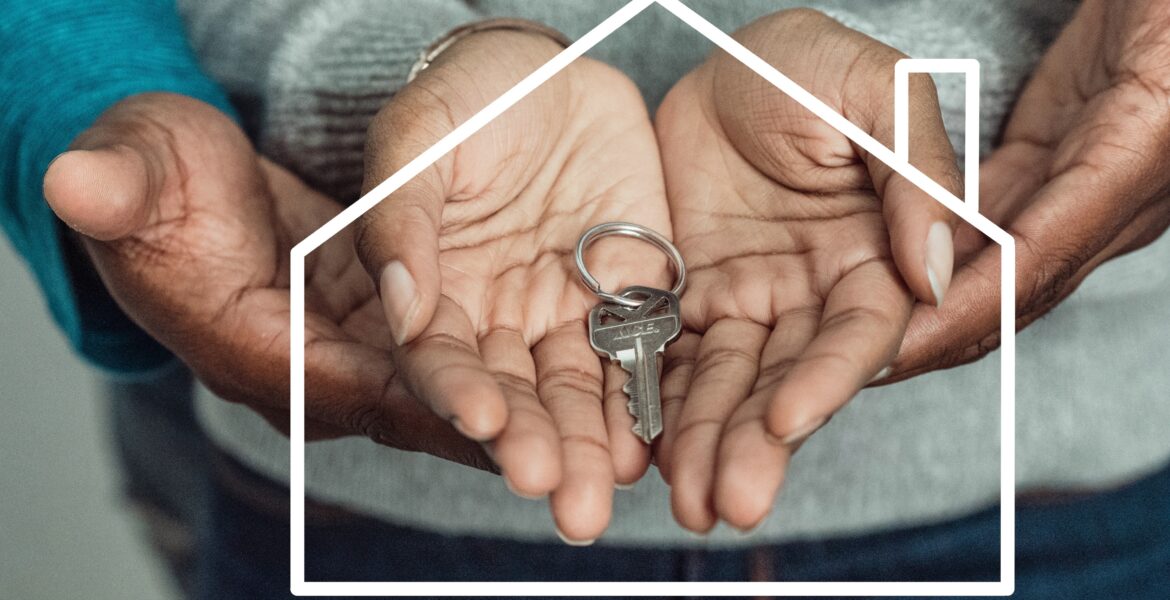- Batswana returning from abroad are moving into their own houses
- Foreigners prefer renting to buying houses
- There is under-supply of industrial property
KATLEGO RAKOLA
Residential property has been the most affected sector in the Botswana property market as foreigners grow reluctant to purchase houses owing to high taxes. Players in the market say this has slowed down sales, especially of high-end houses, and increased pressure on rental property which is now seeing an increase in not only demand but pricing.
According to Apex Director Valuation and Advisory, Maje Maje, increasing tax to 30 percent for foreign buyers impacted the property market, especially the residential segment. “Rental prices are going up because more foreign buyers are now opting for rental and are not buying and owning residential property,” Maje said in an interview, noting that this has added pressure on the rental pricing.
The Director of Vantage Properties, Sethebe Manake, says coming out of COVID households are looking to make the best of their ends and have begun to see a shift in the property market where people are moving back into their premium housing and are no longer willing to lease or rent it out.
“People are no longer willing to lease out their property,” Manake said in an interview. “Even those coming home from the Diaspora are choosing to move into their houses rather than rent them out. They are choosing to move from their low and medium rentals to live in their high-cost income properties.”
According to her, the average residential property price increased by 8% compared to the previous year and demand for low to middle-income properties continues to increase. Gaborone and Greater Gaborone maintain the highest residential sales, with Block 10 recording the highest number of transactions in 2021. Transactions in Blocks 10, 8 and 7, as well as in G-North and Tsholofelo East, are higher than most because these are developing areas.
Other market insights are that office property is also under pressure, especially older offices, as the market sees a high supply of this product despite a low demand for the space. “Approximately more than 15000 sqm of space is expected, “revealed Manake.
Maje said the reason for reduced demand for older offices lies primarily in that these spaces are not properly maintained, and people are opting for newer offices conveniently located closer to their homes. With more people working from home, there is less demand for offices.
Meanwhile, the commercial and industrial property segments remain the biggest prospects in the property market. Retail property, according to Maje, saw continued support from consumers who have remained constant since the hard lockdowns at the onset of the COVID-19 pandemic. He spoke of having observed a continued supply of goods into the country with no hurdles experienced at border posts, unlike when there were disruptions at the height of COVID. All these favour the retail market.
In the industrial property segment, there seems to be a continuing lack of adequate supply. “This space is still under pressure because there is need for more units,” said Maje. “There was a considerable expansion of warehouse space in the Mmamashia area but the government has since changed its mind on this extension and it is disadvantaging growth of this sector.”

